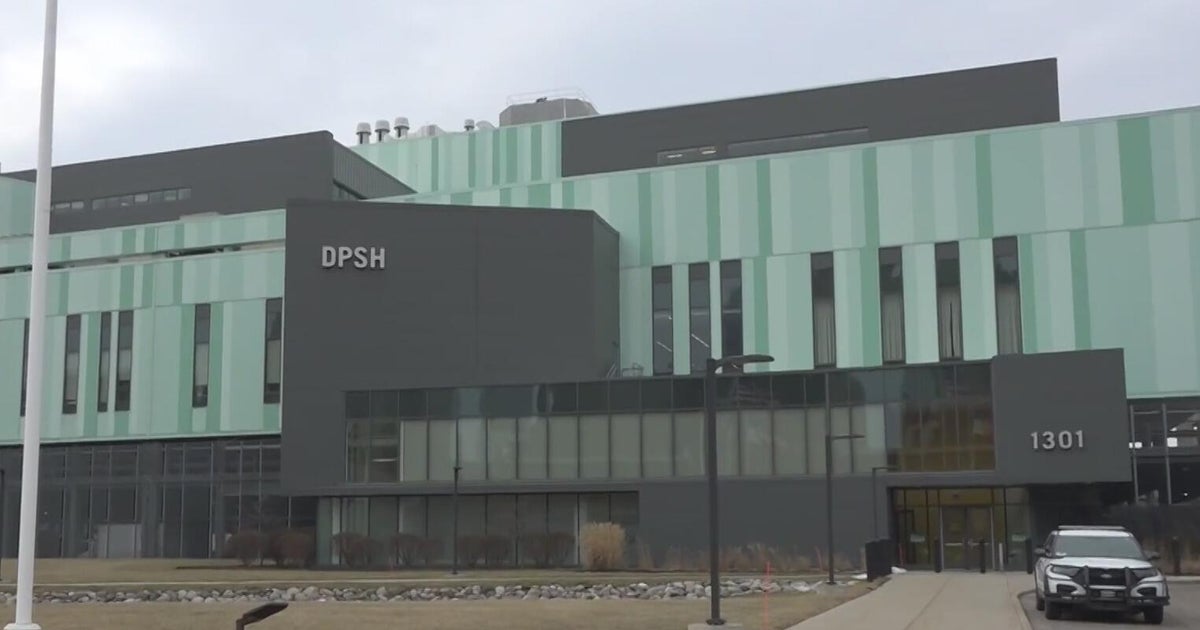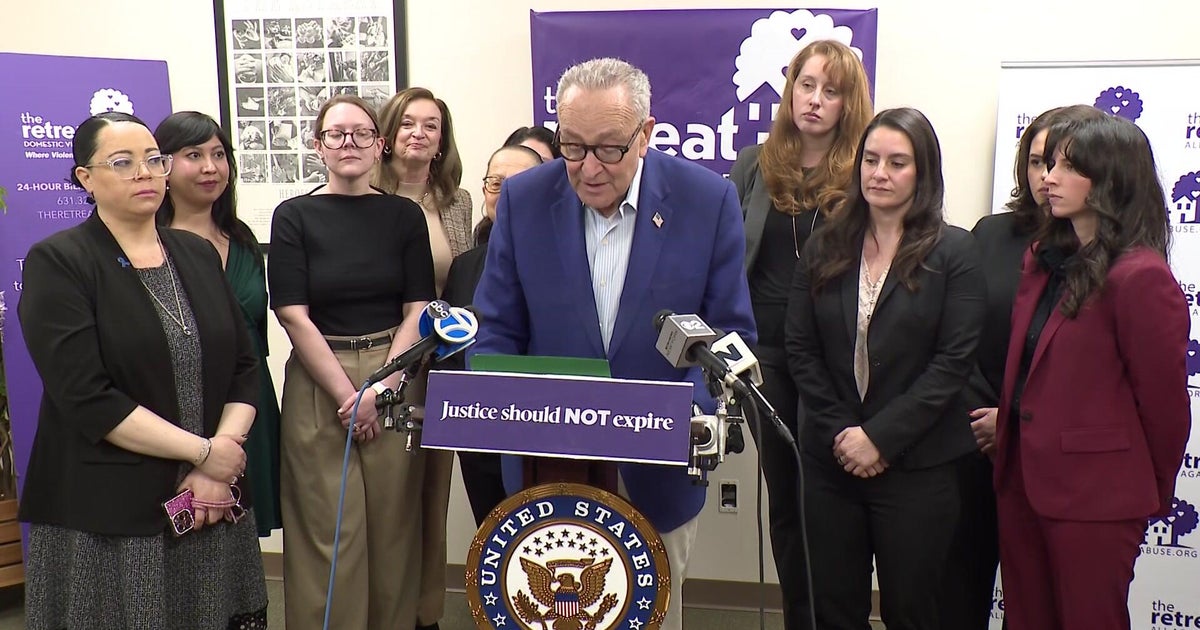A new EPA rule could help eliminate PFAS contamination in Pennsylvania
PITTSBURGH (KDKA) — The U.S. Environmental Protection Agency designated two common forever chemicals as hazardous substances, which experts say is a critical step to protect your health.
Perfluorooctanoic acid (PFOA) and perfluorooctanesulfonic acid (PFOS) are the most widely used per- and polyfluoroalkyl substances (PFAS). The EPA has listed both as hazardous substances under the federal toxic waste clean-up law, known as the Superfund law.
"We call them forever chemicals for a reason, which is that they stay in the environment and in our bodies. They don't tend to break down," said Stephanie Wein, a clean water and conservation advocate with PennEnvironment Research and Policy Center.
The new action will let the EPA address contaminated sites, speed up cleaning efforts and hold polluters accountable by forcing them to pay for cleanups. It'll also require them to report any leaks or spills of the two chemicals.
Wein and others with PennEnvironment have been fighting for this.
"This is a huge step forward for Pennsylvania, especially because here in the Commonwealth, we've been dealing with this for years. We were sort of the canary in the coal mine for how widespread the problem of PFAS is. So, this is a really good day and a long time coming," Wein said.
According to the EPA, PFAS have contaminated 180 superfund sites, and 16 are in Pennsylvania. The biggest one in the state is the Willow Grove Naval Air and Air Reserve station in Montgomery County.
PFOA and PFOS are the most common PFAS and can be found in nonstick products like cooking pans, food wrappers, waterproof clothes. They are also found in firefighting foam.
"Which is how they often wind up polluting big areas near military bases or firefighting training centers," Wein said.
The new rule comes on the heels of the EPA issuing a federal regulation to turn off the tap of certain PFAS in drinking water.
PennEnvironment's next mission is phasing PFAs out of firefighting foam and consumer products entirely.
"While those things are in the works, getting the ball rolling on cleaning up the waste that's already in the environment is a huge step forward," Wein said.







